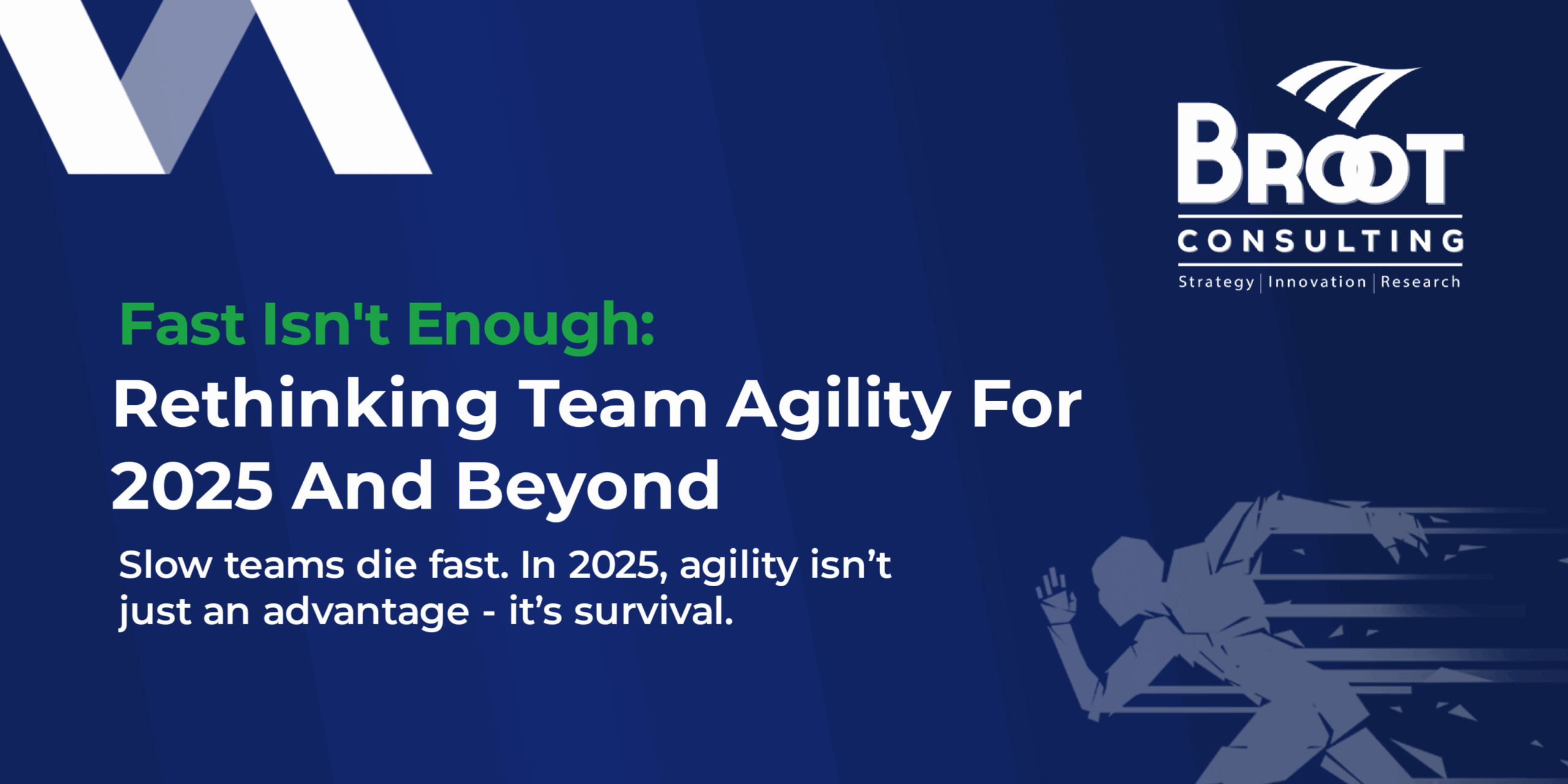“ Remember not only to say the right thing in the right place but far more difficult still , to leave unsaid the wrong thing at the tempting moment” – Benjamin Franklin
In my early years of primary education, Yoruba literature class was one of my favorites; one of the books we read then was ALAWIYE. On this fateful day, the teacher told us to turn to chapter six which was about a young Prince who grew horns on his head during one of his hunting escapades. He kept it a secret to himself for a long time so much so that it became a burden in his heart. One day, he decided to unburden his heart, since he could not trust anyone with the secret, he chose to dig a hole and spoke to the hole saying “Alade has horns”. After speaking to the hole, he covered it, and beamed a sigh of relief. He left the place believing that his secret was safe.
Few months later, a tree sprouted and started saying “Alade has horns”. By this time, it was his turn to become the king but with the secret out, the villagers and king makers were in a dilemma. They became uncertain if he should be crowned as the king, unfortunately, Alade lost his rightful position because of his inability to keep his mouth shut.
The interesting lesson in this story which continues to stand out for me is that “words are powerful” and not minding the place, manner and even the time, words are spoken could:
- Spur negativity amongst staff
- Undermine business performance
- Put the business in a vulnerable state
- Affect employees’ morale
- Make work less meaningful to employees
In my working with organisations, I realized that many CEOs sometimes think that once the monetary rewards are good, they can say whatever they deem fit to an employee without any consideration for the employee’s personal dignity. This seems prevalent in the employer dominated market of developing nations where there is an acute shortage of jobs.
Leaders that express their emotions without emotional intelligence set the organization up for a ruin in this era of constant disruption.
Recently, I had an encounter with two different CEOs who threatened to shut down their firm; their claim was that the firm is more beneficial to the employees than to them.
Building the right culture regarding communication and creating the right experience with words are two powerful combinations that are required to succeed in fostering buy-ins amongst employees. When leaders talk in an unacceptable way, or with reckless abandon, employees feel insecure and may perform below their full potential thus gradually breeding a culture that undermines the value of that organisation.
How should leaders communicate negativity or should they even communicate it at all?
What experience will such words leave the employees with?
Are CEOs, Entrepreneurs and Employees truly aware that we are in the experience age?
A CEO once expressed his disappointment about the failures of his organisation, and refused to visit or attend to their needs. He was later called out by the branch head and his response was “ I don’t care about that firm. I don’t want to have anything to do with the place, if you like shut it down”
The branch head spread this statement, many staff lost their sense of purpose in the organisation, left and in turn the branch head started requesting for certain entitlement after the CEO returned to the organisation. More troubling was that he became unaccountable and also unreceptive to the restructuring of the organisation.
There are many leaders who fall off handle, who do not stop to think and reflect on the implication of their words. Some at the top management level may even divulge essential information that may later hunt and undermine the organisation.
Looking back at the story, Alade didn’t assume his rightful position not because he lacked competence or diligence but because of a character shortcoming .
According to Talentsmart research, leaders with high emotional intelligence are also those that significantly outperform those who aren’t able to.
The insight story at the opening paragraph clearly shows words must properly managed; to manage miscommunication or mal-communication, CEO should:
- Create an environment that fosters good communication culture and discourages poor communication experience
- Executives should create a culture that encourages and rewards good communication.
- Beware of staff that backbite: If we rule out the fuzzy assumptions and keep the communication as open as possible, it will discourage unhealthy communication experience in the business environment.
- Know that not all employees can have privy to all organisation’s information: It is not just critical to know the employees but equally important is to understand what and how you communicate with them. Some employees are not matured for some level of organisation information.
- Reactive Decision: Problem-solving could be tackled Proactively, Preventively or Reactively. Business leaders must, therefore, adopt a Preventive and Proactive method of problem-solving rather than Reactively saying words that can run the business down.
- Look beyond the bottom-line: Questionable communication, actions and practices undertaken at the expense of an employee will come back to hunt the company. Unusual trends in communication are pointers for investigation. Never lose the ethical compass: if you must talk; talk within what is expedient.
Conclusion
It is sometimes true that many CEOs believe that they need to be persuaded to put communication culture at the top agenda, the reality is that the employees are only putting up with such organisations until they find something better. If another leader comes with a better communication culture and creates an exceptional experience for the employee, it makes it difficult for employees to move on. CEOs need to transform their communication culture.,
The command and control management style silo increases both the chances of the employees misunderstanding the CEO and the potential for miscommunication from the part of the CEO. When CEOs experience frustration contributed by shortfall in the expectation either from the employees or from other ends; it is better to collaborate across functions and find solutions. Without such attitude, communicating in an unacceptable manner will fail to build empathy for the employees which in fact leads to difficulty in communicating long term purpose.
If you don’t want to get disrupted, have a zero tolerance for any anti-good experience behaviour





